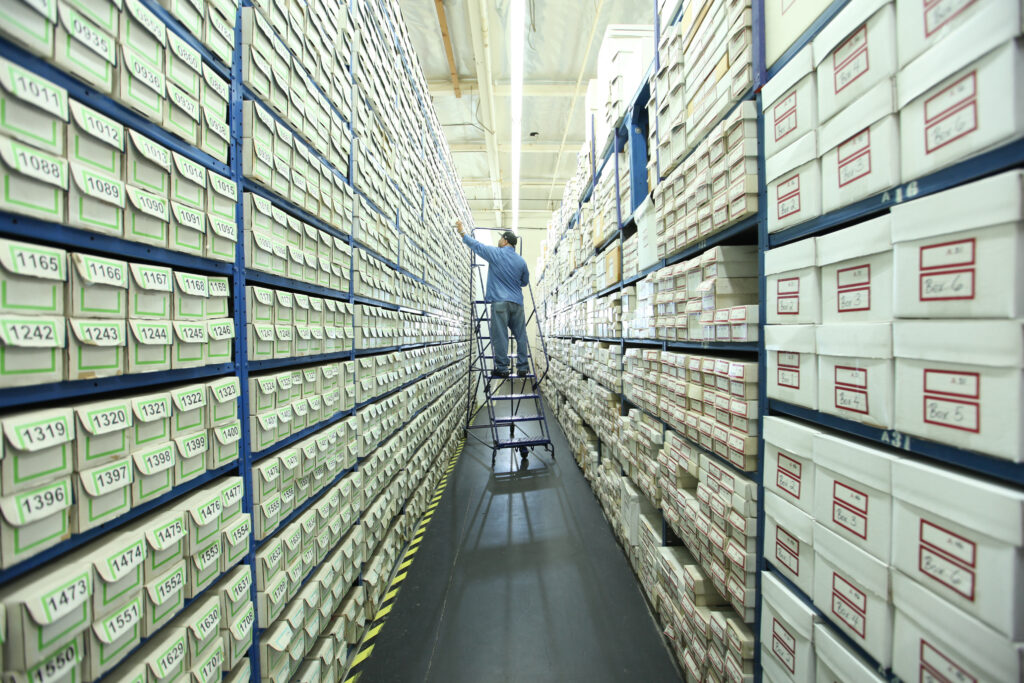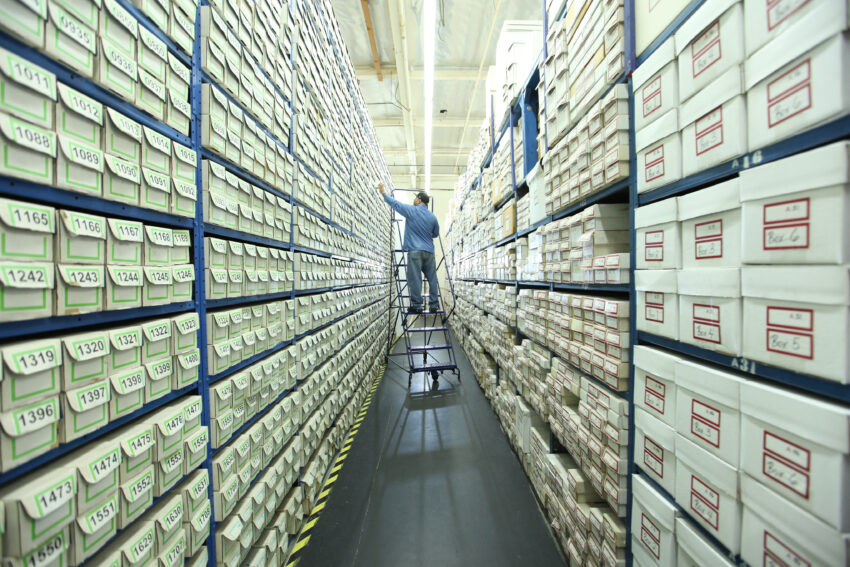Independent distribution channels offer quality and decades of experience, providing manufacturers of automotives the electronic chips they need to keep production running

Supply chain shortages have become a global issue in recent years, adding a stubborn wrinkle to the fabric that keeps the economy humming. One shortage that has plagued the automotive industry since 2018 is the shortage of electronic chips. In automotives, chips control many of the features of a car, from heated seating to Wi-Fi hotspots, and without them, manufacturing cannot continue at the level consumers expect.
Supply chain disruptions are nothing new; they have become something electronic parts distributors have come to expect. With low-cost components in chronic shortage and extended lead times for delivery, manufacturers are considering the use of independent distributors to get parts on-time at the lowest possible cost without assuming additional risk.
For many companies, sourcing parts from the independent channel requires a significant shift in mindset.
“Some companies make the decision to place orders with independent distributors the very first day they are in operation because they understand our market and how we operate in it,” explains Mike Thomas, vice president and general manager at Classic Components, a premier independent stocking distributor of electronic components based in Torrance, Calif. “But there is an equal number of companies that are hesitant because the chipmakers and franchise distributors have invested millions over the years to de-incentivize their customers from going to the open channel. And I understand that,”
Classic Components has been in business for over 40 years and remains one of the only premier independent distributors that is family-owned. The company’s maturity and resources allow it to deliver high quality products with shorter lead times than many of its competitors. In fact, the company can usually deliver parts in two to three weeks that the OEM or authorized distributors may not have access to for 52 weeks or longer.
Keeping Automotive Manufacturing Running
At the beginning of the pandemic, automotive suppliers estimated a decline in consumer interest in purchasing a new vehicle and adjusted their projections accordingly. Chip manufacturers then followed suit, prioritizing other sectors such as consumer electronics as they anticipated a reduced automotive manufacturing capacity. However, demand for new vehicles exceeded expectations, leaving the industry with a demand it could not fill.
The accelerated demand for chips in the automotive sector is going to remain steady for some time, according to Thomas, due to the current backlog. This means the long-term prognosis for those manufacturing chips for automotives is positive. And while things are beginning to slowly return to normal, at present, the price of hard-to-get components like chips has skyrocketed.
The shortage has led to major car manufacturers eliminating certain features in newly made vehicles because they are unable to obtain enough chips to ensure full functionality. This is where having an independent distribution plan comes into play.
“If you are a manufacturer, you need to have as part of your supply chain strategy an independent distribution plan,” says Thomas. “How are we going to engage? We don’t want to give a broker business and take it away from the franchisor/authorized distributors. But right now, we are the guys that can be strategic and can get parts that work when you need them at a competitive price.”
Classic Components’ sourcing expertise includes knowing where to find alternate sources of component parts through surplus inventory, strategic relationships with other franchise/authorized distributors, and taking advantage of local and overseas markets.
Investigating Sources
One mistake that some companies make during the chip shortage is being duped by counterfeit products. It is an easy trap to fall into because the counterfeit items available today are impeccably made and almost impossible to distinguish from the real thing. Classic Components retains its competitive edge by taking a good, hard look into any company it wishes to purchase from to ensure both the company and its offerings are legitimate.
Thomas describes the situation like this: your company needs a part, but none of the major, trusted sources have it in stock for at least 52 weeks. What do you do? Most turn to the internet and search for a distributor who might have the chips needed in stock. However, it is easy to set up a website and pretend to have stock that does not exist. There is also serious financial motivation with chip prices skyrocketing to produce counterfeits.
“What happens when the online search produces a list of company names you have never heard of, how do you know which are legitimate and which are not?” asks Thomas. “We know all the players overseas. We have conducted rigorous audits and met many of the owners. We know which companies are legit and which should not be called. That is what we do.”
While it might be tempting to purchase a chip from a company you have never heard of that says it has them in stock, Thomas advises caution. “If [a reputable independent channel source] says, ‘Sorry, there just aren’t any of these chips available’ and you have an unknown entity telling you they have the parts, it would be wise to listen,” Thomas says.
An independent distributor can also offer supply chain management along with a rigorous quality inspection process to ensure the authenticity and quality of each component received. Classic Components, for example, utilizes a quality management system (QMS) and holds certifications such as AS9120B, a requirement for distributors serving the aviation, space, and defense industry.
“When the parts arrive, we know how to make sure they are good quality,” says Thomas.
The process includes conducting a detailed risk profile for the customer that takes into consideration the known reputation of the vendor, the part, and the end use of the item. In addition, the customer is surveyed as to the requirements for age of the components (date codes), traceability back to the factory, etc. In the case of Classic Components, the company has developed a scoring system to establish the risk involved in each transaction.
“The process of authentication is much more extensive for higher risk profile items to ensure the chips are legitimate and high quality,” says Thomas. “There are a lot of steps, and it is very expensive and time-consuming but is critical when the product is a pacemaker, for example, and less so when it is a toy monkey banging symbols.”
Unfortunately, for the foreseeable future, the automotive industry is expected to continue to experience significant supply chain disruptions. New technology for cars will also continue to increase the demand for chips, particularly in electric vehicles and internet-connected cars.
“Just as it did in 2018, the current chip shortage really reinforces the legitimacy of the independent channel,” says Thomas. “We are literally helping to keep automotive manufacturers’ production lines running in some cases.”
Classic Components isn’t thinking simply in terms of the immediate future, either. Given the environment, some independent distributors have stopped stocking inventory and are demanding prepayment for components with rigid “no cancellation and no return” policies.
“We are not just here to sell a box of parts and take the money and run. We still stock components and maintain flexibility in our [financial] terms. We are here for the long haul and so we want to maintain our relationship with our customers well beyond the current shortage,” says Thomas.
“When things start to return to normal and companies need to make decisions to reduce their independent distribution supply base, they are going to remember the ones who brought consistent quality and flexibility and helped them weather the storm,” he adds.
For more information, contact Classic Components Corp. 23605 Telo Avenue, Torrance, CA 90505; www.classic-ic.com; 310.539.5500; info@class-ic.com.

